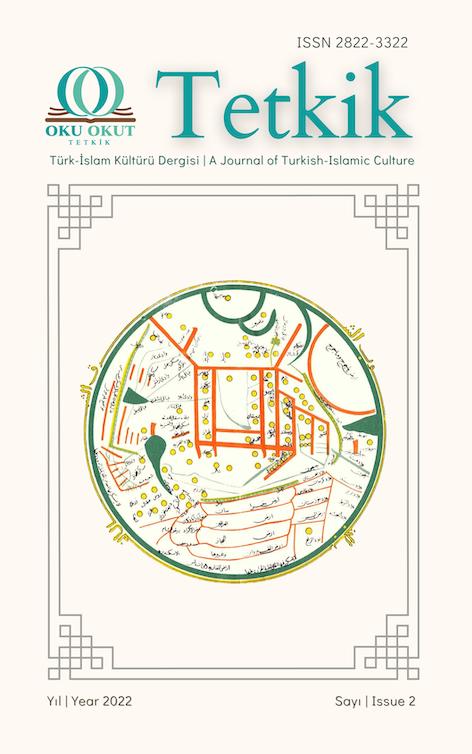Osmanlı Arşiv Vesîkalarında Muzır Mûsiki Kavramı
The Concept of Muzır Music in Ottoman Archive Documents
Author(s): İrfan YiğitSubject(s): History, Music, Special Historiographies:, The Ottoman Empire
Published by: Oku Okut Yayınları
Keywords: Music; Mūsīqī; Turkish Music; Ottoman Music; Mischievous Music; Forbidden Music;
Summary/Abstract: Egyptian, Greek/Greek philosophers and systemist school musicians such as al-Fārābī, Ibn Sīnā, Ṣafī al-Dīn al-Urmawī, and ʿAbd al-Qādir al-Marāghī, who created the first works on music, tried to create a system by making various classifications in the field of music. The classifications made by these scholars in their works started with the ‘formation of sound’ and continued with different concepts over time. Later, many distinctions, such as traditional Turkish music, art music, folk music, religious music, and non-religious music, determined the boundaries of the classification of music within itself. In our paper, we have examined the concept of ‘muzır music’, which is in the history of music but has been excluded from the classifications made in the field of music until now. We used the qualitative data analysis method in our study. We made the catalogue scans at the Presidency of the State Archives, and we reached forty documents, that the dates of these documents are between 1892-1909 and those documents belong to the reigns of Abdulhamid II (1876-1909). We analyzed the reasons for the events mentioned in the documents. In addition, by examining different subjects, including those that were taken into the category of muzır for ethnic, moral, and political reasons, and songs that were seen as muzır because they contain some concepts that were banned in ‘Resimli Kāmûs-ı Osmânî [Pictured Qāmūs Osmanī)’ published by Ali Seydi between 1908-1914, he examined the events in the documents. We analyzed the reasons. In our statement, we tried to answer the following questions: What was meant in the period when the concept of ‘muzır music/song’ was used? Has a classification such as muzır music/song and Non-muzır music/song taken place in the music literature? What are the criteria for restrictions on muzır songs? Was it applied for political, religious, ethnic, and moral reasons? Was the muzır song characterisation made due to restrictions in different areas? Are the Ottoman subjects interested in muzır music/song composed of a certain ethnic structure or religious group? Why did the government feel the need to ban these songs? Why did he keep the performers under constant control and follow them? The main purpose of our statement is to discover the basic sub-dynamics that make up the concept of muzır music and that affect the formation of prohibitions made for this reason. In this context, along with the prohibitions made on moral and religious grounds, the effect of the political atmosphere of the period on the prohibitions was tried to be revealed with case studies. Our other aim is; according to events we have examined in the documents, the concept of ‘muzır music' has been defended on the grounds that it is included in the categorizations made in the field of music. As a result of our examinations and analyses, we concluded that malicious music has political content rather than religious, moral, and ethnic reasons and that the concept of malicious music should be included in the music categories.
Journal: Tetkik
- Issue Year: 2022
- Issue No: 2
- Page Range: 229-284
- Page Count: 56
- Language: Turkish

